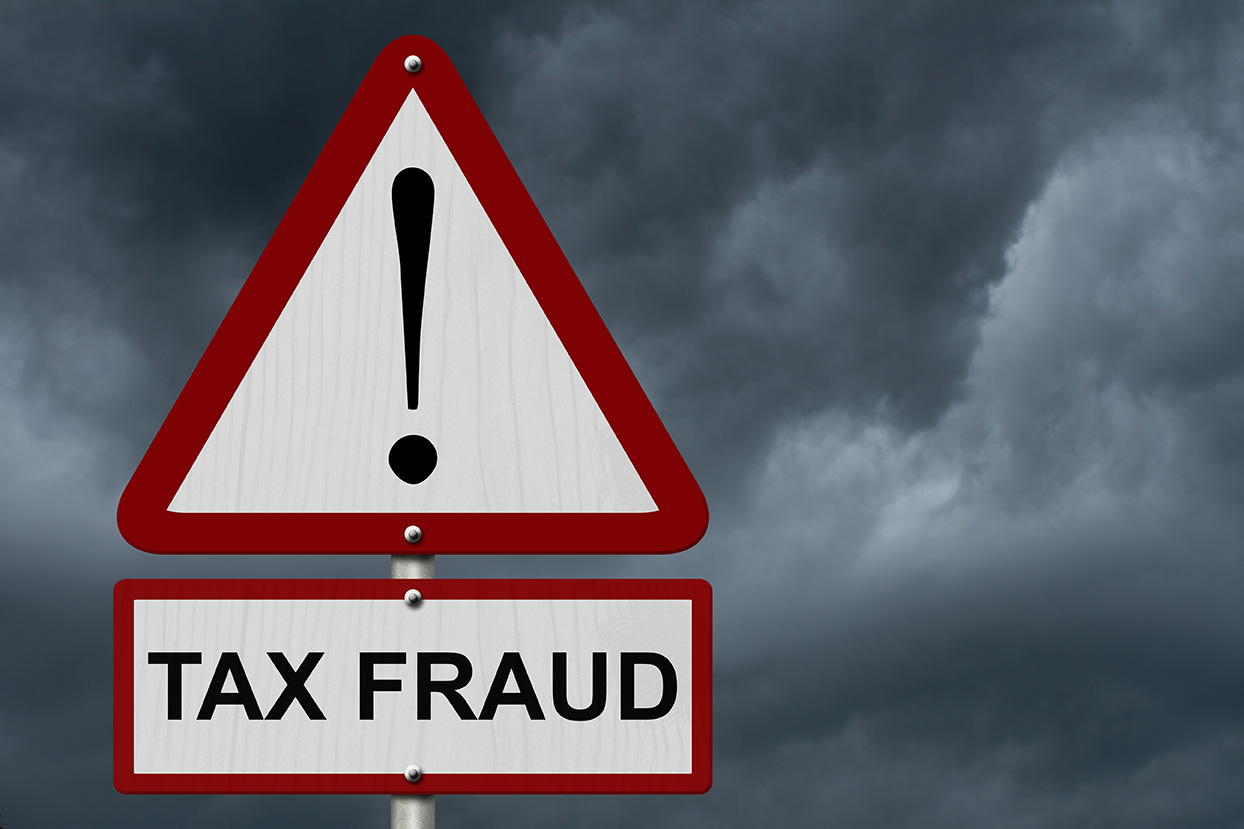It is Tax Refund Season. As we enter the tax refund season, the fraudsters are prepared and ready to go.
The IRS has reported the perpetrators use multiple message variations in an attempt to fool taxpayers. Fraudsters will use regular mail, telephone, and email phishing  attempts to steal taxpayer refunds or tax-related information. The emails can appear to be from a trusted source, but the email addresses are spoofed or compromised containing stolen logos. Also, the risk alert reminded that phishing emails typically contain links to malicious websites or attachments with embedded malware or viruses.
attempts to steal taxpayer refunds or tax-related information. The emails can appear to be from a trusted source, but the email addresses are spoofed or compromised containing stolen logos. Also, the risk alert reminded that phishing emails typically contain links to malicious websites or attachments with embedded malware or viruses.
Be aware that NOT all fraud attempts are via email. Many reported attempts are still done through telephone scams. A common reported call to the IRS included the caller claiming to be from the IRS and threatening a lawsuit or arrest if payment wasn’t made immediately with a debit card.
Here are a few reminders when dealing with a potential IRS tax scam and other phishing attempts:
• The IRS does not initiate contact with taxpayers by email, text, or through social media to request personal or financial information.
• The IRS does not call taxpayers with threats of lawsuit or arrest.
• Do not click on a link or attachment from an unknown or suspicious source. Pay attention – as by just glancing an email from john.simth1@abc.com can look like john.smithl@abc.com.
• Look for grammatical errors or spelling mistakes in emails. Legitimate organizations have proofreaders to ensure messages are sent error free.
If you have any questions or concerns about emails, websites or unsolicited calls related to Universal 1, please email our Compliance department at compliance@u1cu.org. You can also call U1 Member Services at 800-543-5000 option 0 or 937-431-3100 option 0.
« Return to "Blog" Go to main navigation
